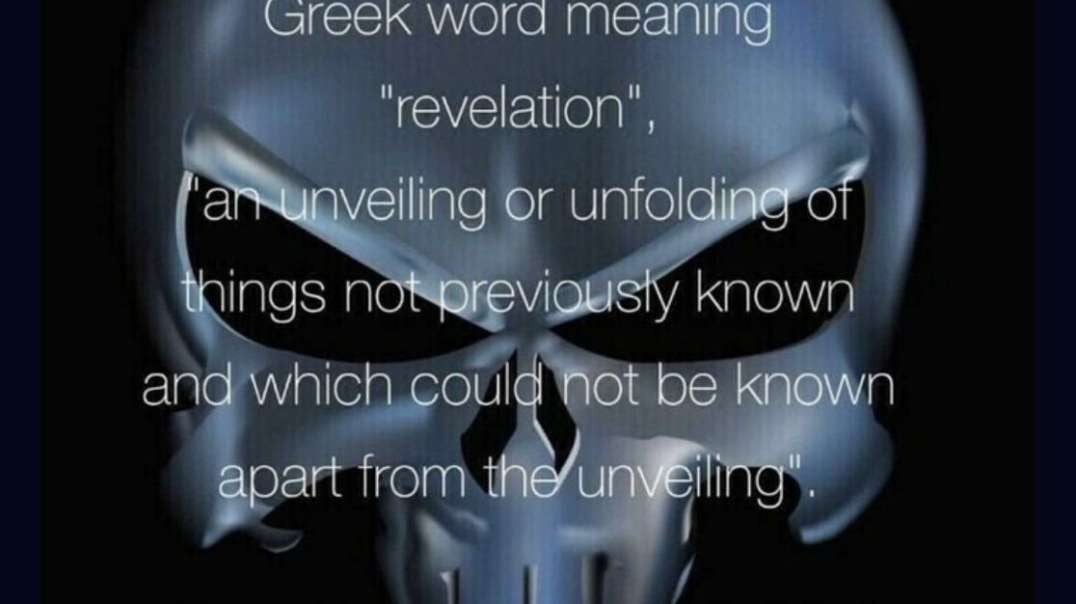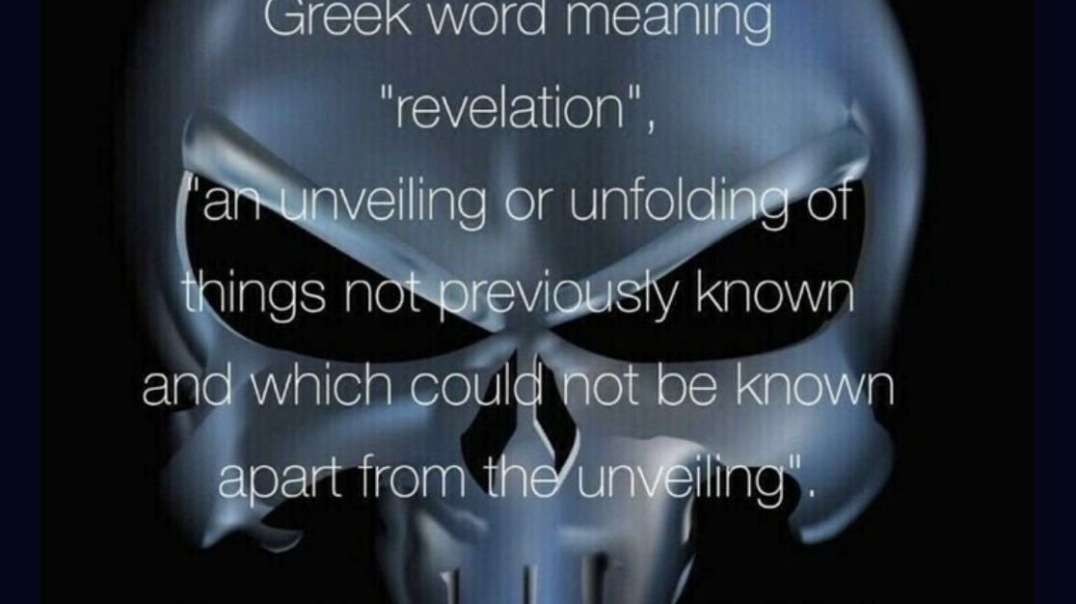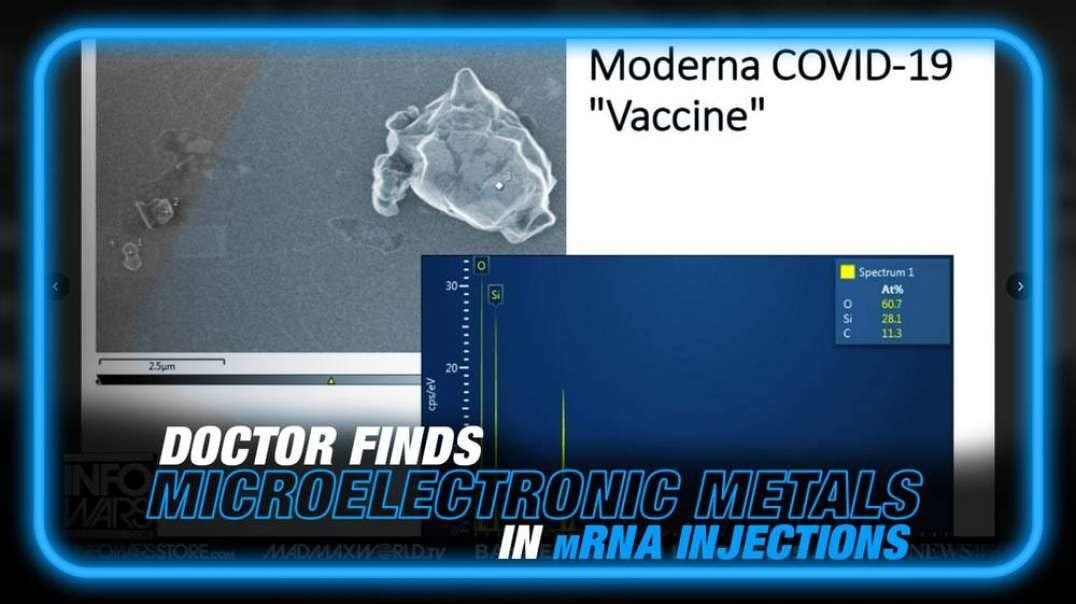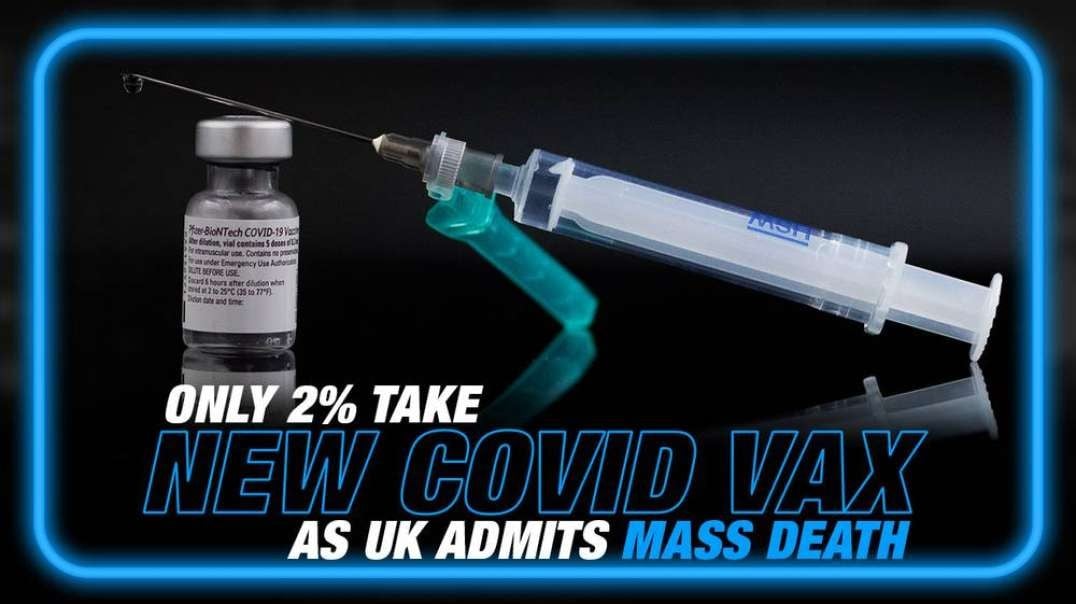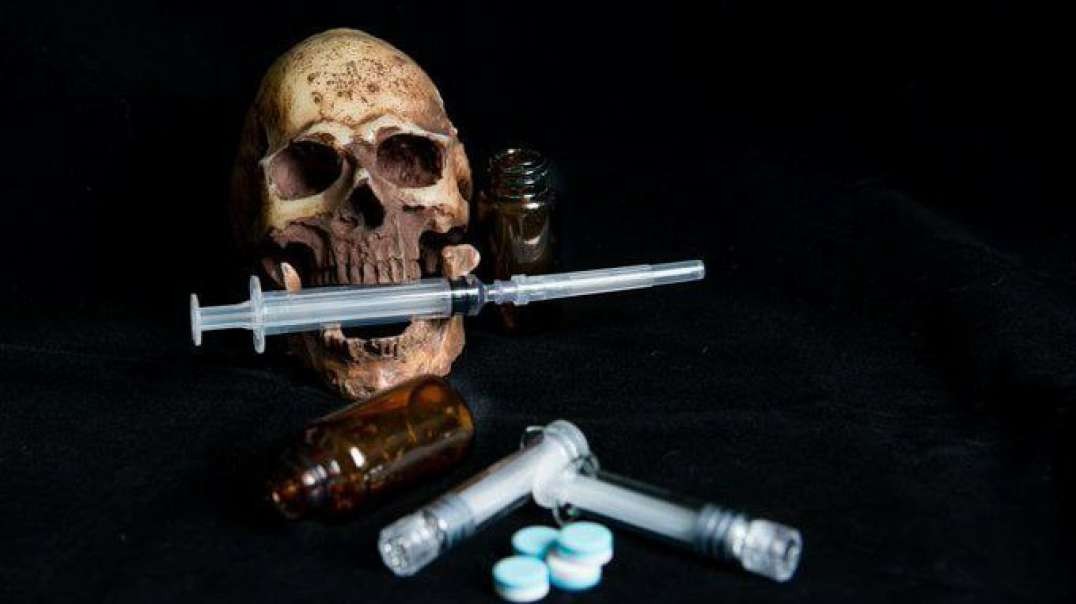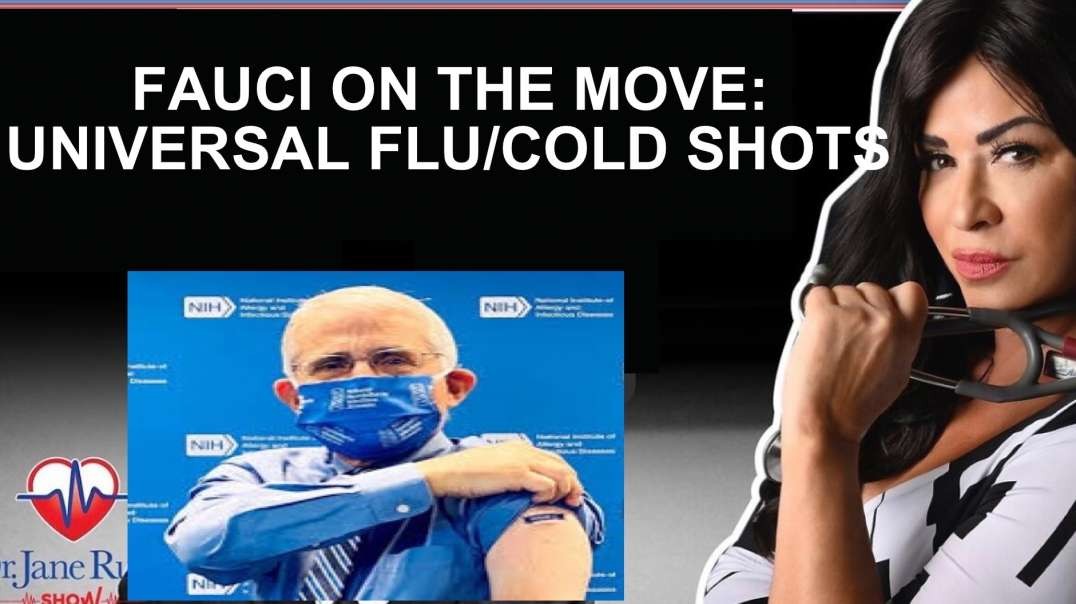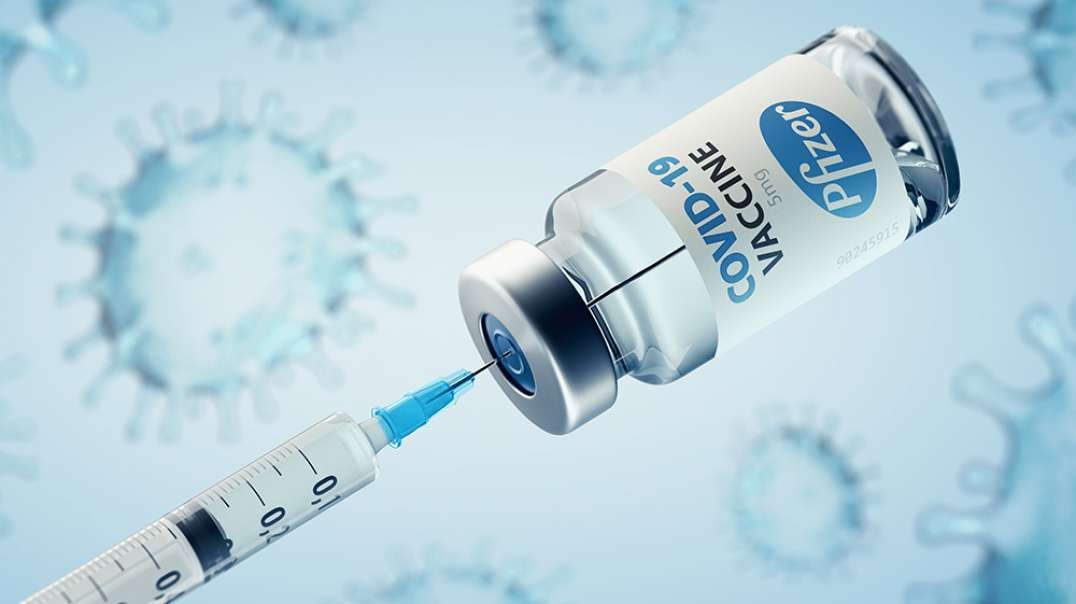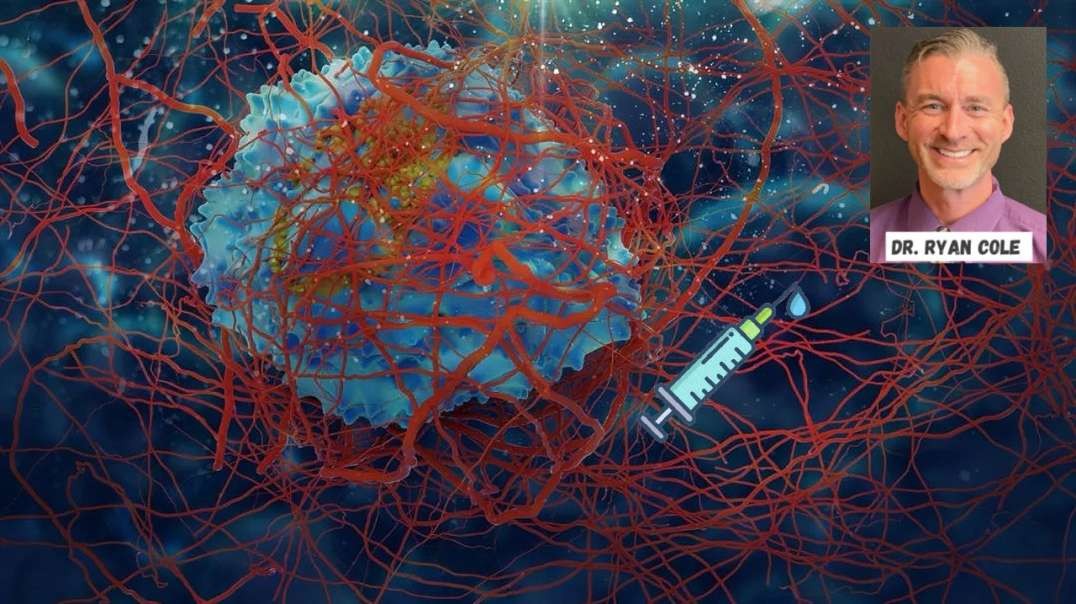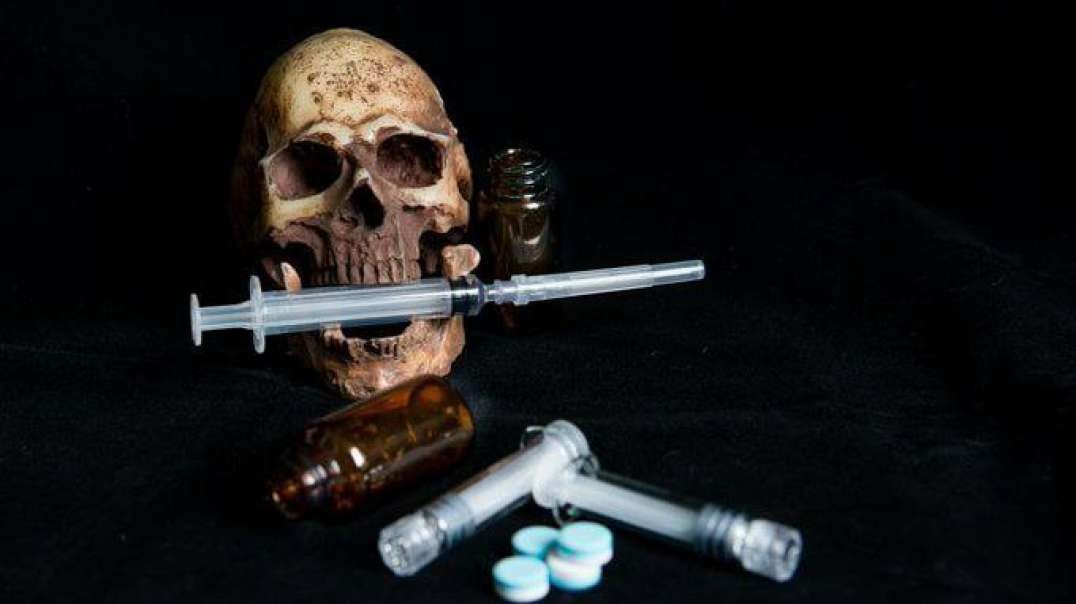Inadvertant intravenous injections
Intravenous Injection of Coronavirus Disease 2019 (COVID-19) mRNA Vaccine Can Induce Acute Myopericarditis in Mouse Model
https://academic.oup.com/cid/advance-article/doi/10.1093/cid/ciab707/6353927
Background
Post-vaccination myocarditis and pericarditis reported after coronavirus mRNA vaccines.
The effect of accidental intravenous injection of this vaccine on the heart is unknown
Methods in mice
Compared difference between i.m. and i.v. injection of vaccine
Clinical manifestations
Histopathological changes
Tissue mRNA expression
Serum levels of cytokines and troponins
With normal saline (NS) control
Results
Intravenous SARS-CoV-2 mRNA Vaccine Administration Induced Grossly Visible Pathology in Heart
Only IV group developed histopathological changes of myopericarditis
Evidenced by cardiomyocyte degeneration
Apoptosis
Necrosis with adjacent inflammatory cell infiltration
Calcific deposits on visceral pericardium
But
Evidence of coronary artery or other cardiac pathologies was absent
Spike antigen (immunostaining) occasionally found in infiltrating immune cells of the heart
And in cardiomyocytes and intracardiac vascular endothelial cells
The histological changes of myopericarditis after the first IV-priming dose persisted for 2 weeks
and were markedly aggravated by a second IM- or IV-booster dose
Numerous inflammatory cytokines found in cardiac tissue
(interleukin (IL)-1β, interferon (IFN)-β, IL-6, and tumor necrosis factor (TNF)-α)
in the IV group but not the IM group
compatible with presence of myopericarditis in the IV group
Ballooning degeneration of hepatocytes was consistently found in the IV group.
All other organs appeared normal.
Conclusions
In vivo evidence that inadvertent intravenous injection of COVID-19 mRNA vaccines may induce myopericarditis.
Brief withdrawal of syringe plunger to exclude blood aspiration may be one possible way to reduce such risk.
Both Pfizer/BioNTech and Moderna have clearly stated that their vaccines should only be given via IM route
Current CDC and WHO guidelines no longer recommend precautionary measures during IM vaccine administration
The CDC Pink Book 2020 and WHO
2015 position paper have recommended against aspiration prior to vaccine injection so as to minimize pain
Deltoid to the vastus lateralis?
Our study indicates that IV injection of vaccines might partially contribute to this clinical phenotype,
thus warranting a reconsideration of the practice of IM injection without aspiration,
which carries the risk of inadvertent IV injection.
Thrombocytopenia in mice reported in 2006
Blood, (2006)
https://ashpublications.org/blood/article/109/7/2832/125650/Adenovirus-induced-thrombocytopenia-the-role-of
All mice received virus through a single tail vein injection
Thrombocytopenia has been consistently reported following the administration of adenoviral gene transfer vectors.
